Rion Berger
Posts tagged with non-fiction in Blog Lost in the Stacks
Showing 11 - 20 of 74 items
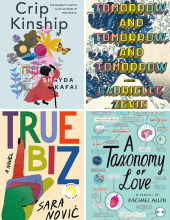
As July begins, it feels as though the summer continues to speed by at an alarming rate – but there’s always time to pause to recognize Disability Pride Month! To mark Disability Pride Month at the library, you can find a display of books by disabled authors and/or featuring disabled characters on the first floor of Shapiro throughout July. Not on campus? This mix of fiction and nonfiction titles in the display are also available online now.
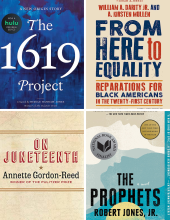
In 2021, at least partially due to the reckonings of the 2020 Black Lives Matter uprisings, the United States recognized Juneteenth as a national holiday. While this holiday may be new to some people, many Black Americans have been celebrating this day commemorating emancipation for centuries, and there is a wealth of writing on its history and significance. With this in mind, though Juneteenth may have passed on Monday, it’s always the right time to educate ourselves on the history of race and racism in this country.
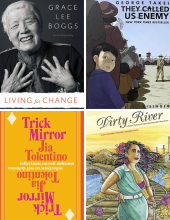
Much of our U of M community celebrates Asian American and Pacific Islander Heritage Month in April in order to be able to honor AAPI experiences while most students are still on campus, but national celebrations are just beginning with the official start of the month kicking off on May 1st. If you were too caught up in exams back in April and now find yourself having some time to read, stop by Shapiro’s 2nd floor to browse 35 selected memoirs by AAPI authors!
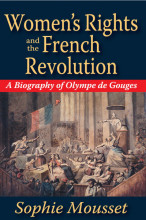
This is a biography of the playwright and feminist activist Olympe de Gouges, who was the author of pamphlets and other literature in support of women's rights and the abolition of slavery during the French Revolution. She was ridiculed and dismissed in her time, but later recognized as a pioneer of feminist theory, and had a great influence on later advocates for women's rights. The book has its flaws, but it is practically the only biography of this important figure available in English.
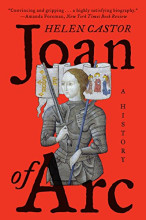
Helen Castor tells the story of Joan of Arc in the context of her times. The book is a history of the part of the Hundred Years' War in which Joan played a major role, and it begins with the English victory at Agincourt in 1415. Castor writes about the political factions, and shifting alliances, in France at the time, and about how Joan's appearance at the French Dauphin's court, followed by her victory at Orléans in 1429, changed the course of the war. She also writes compellingly and movingly of Joan's trial. For biographical information about Joan, look elsewhere, but this book is excellent as a history of her times.
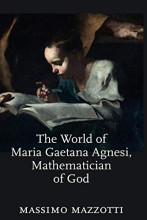
This is a fascinating biography of a female mathematician in 18th century Italy, Maria Gaetana Agnesi (1718-1799). A child prodigy, Agnesi received an education that was usually reserved for boys. She wrote one of the first textbooks on calculus, and was appointed to a university professorship, although she was unable to accept the position because of illness. Her later life was devoted to helping the poor, and educating the impoverished children in her neighborhood.
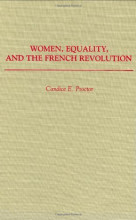
Historian Candice E. Proctor, who is also the mystery author C.S. Harris, discusses attitudes toward women during the French Revolution, and why the leading revolutionaries never gave women any political power, including voting rights. She also writes about some of the women who advocated for women's rights during the French Revolution.
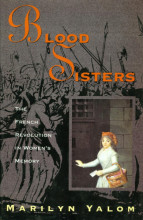
In Blood Sisters, historian Marilyn Yalom tells the story of the French Revolution through the perspective of women’s memoirs. She studied the memoirs of over eighty women, of various ages and social classes, who lived through the French Revolution. Many of them were aristocratic or upper-class women, because they were more likely to be literate, but she also writes about memoirs by poor or working-class women that were dictated to someone else. All of the memoirs make for compelling stories.
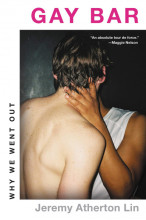
June is Pride Month! Check out some of the LGBTQA+ books in the Library's OverDrive Collection.
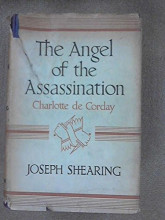
This is a biography of Charlotte Corday, the young woman who assassinated the French Revolutionary leader Jean-Paul Marat in 1793. The author, Joseph Shearing, was known for mystery novels based on true-life crimes. Even though this book is non-fiction, it reads like a political thriller or a novel of suspense.